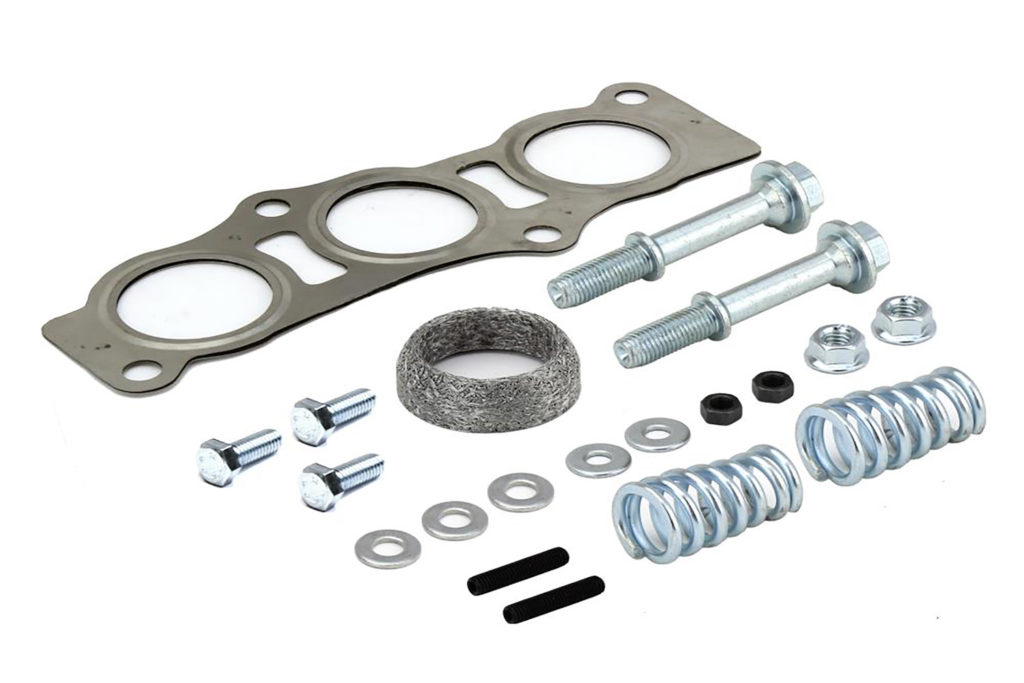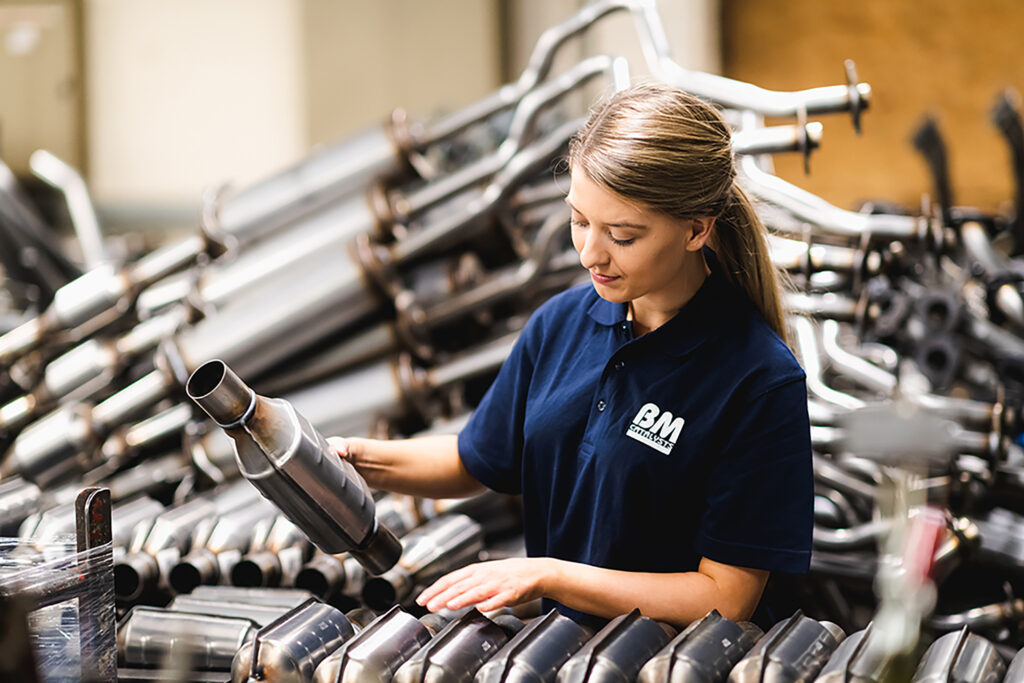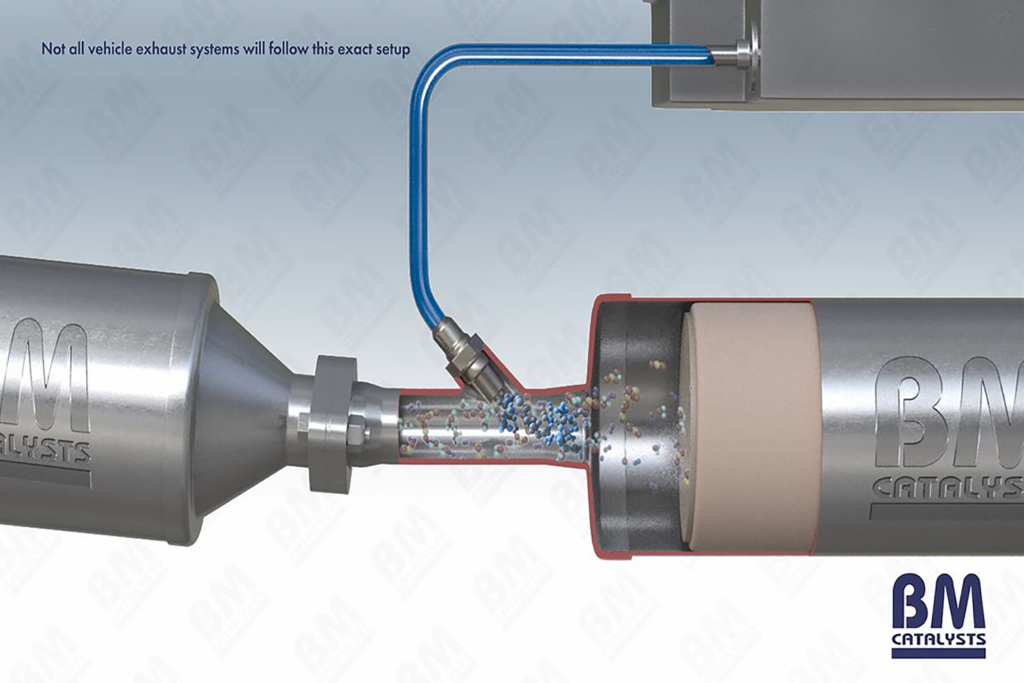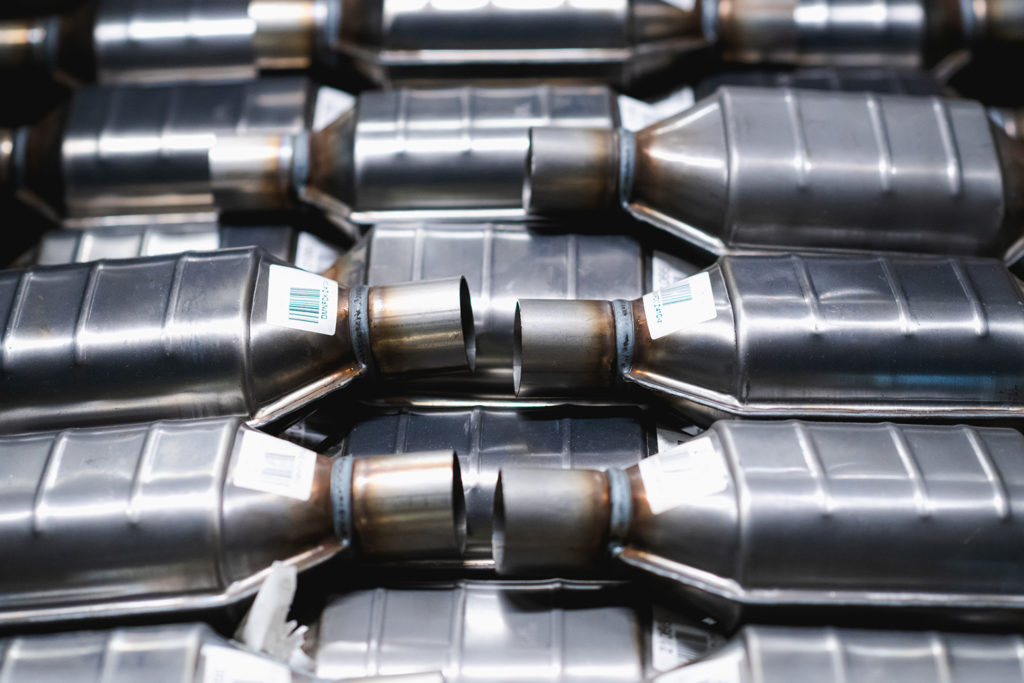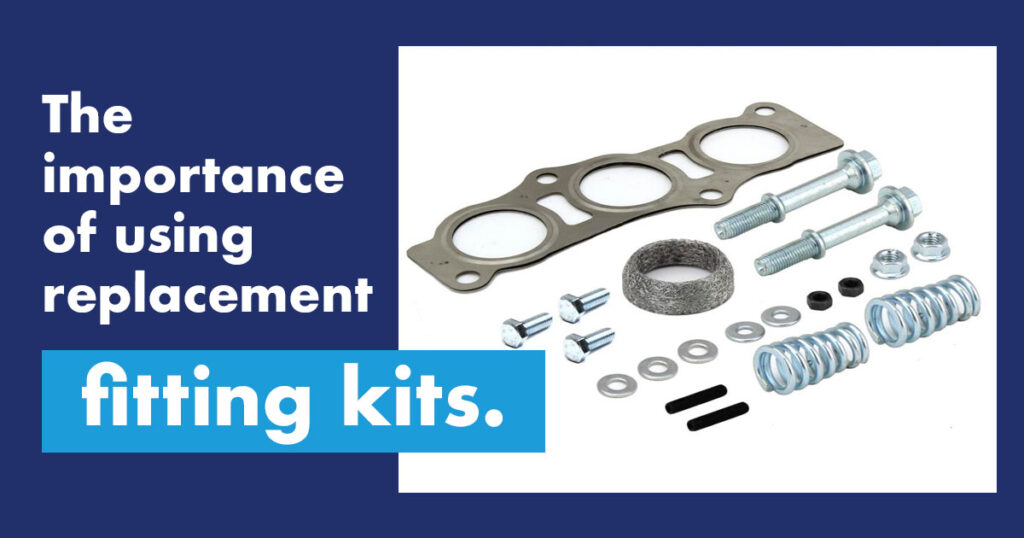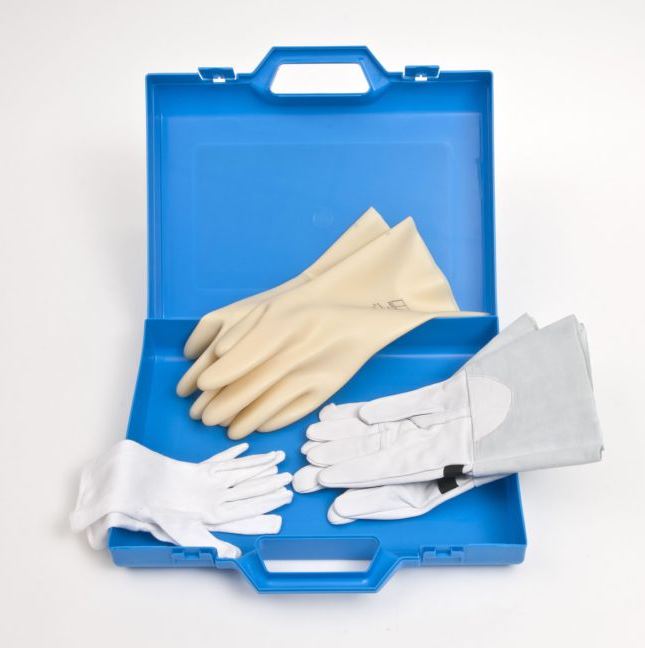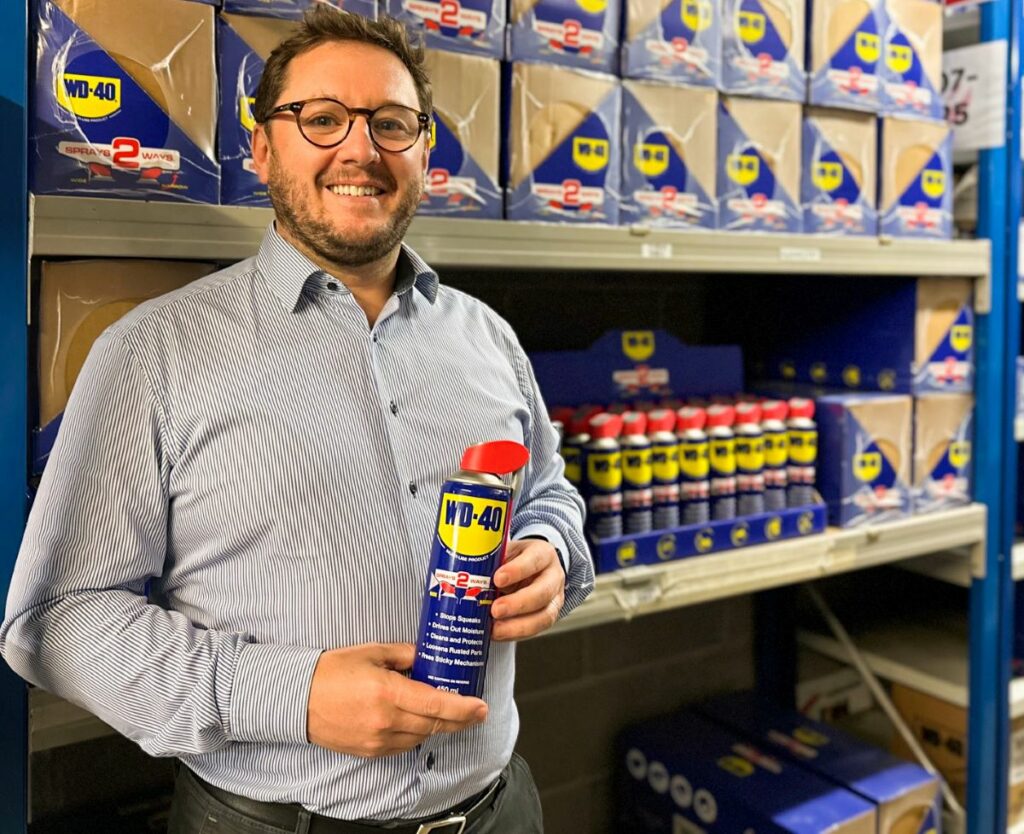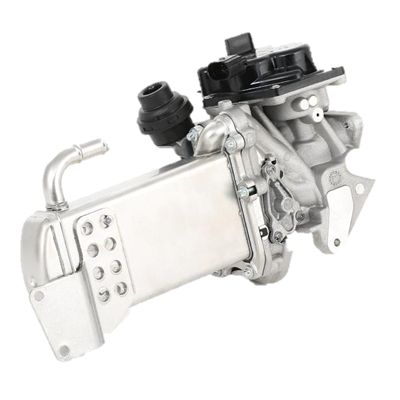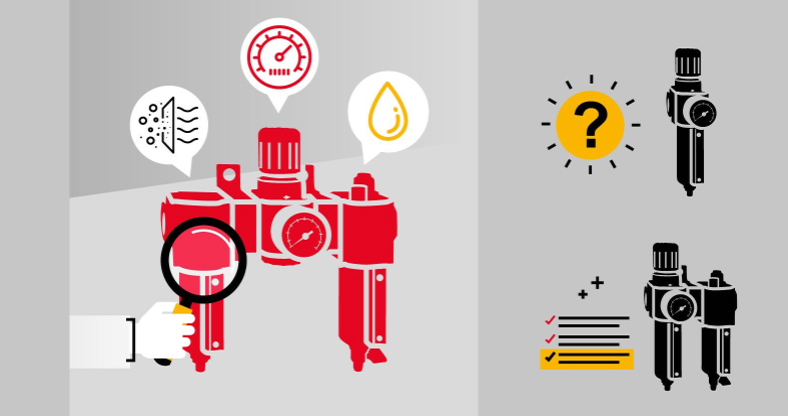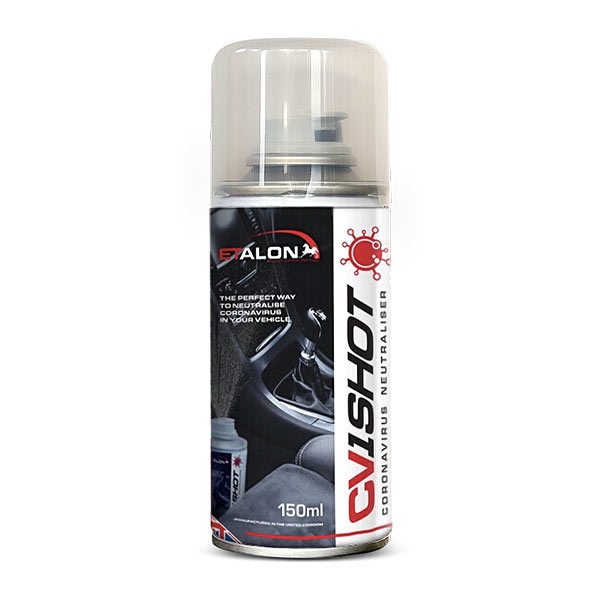Gaskets
Over time, gaskets can suffer wear and tear which could cause them to break. Fitting new gaskets at the time of replacing the unit itself helps eliminate this risk and creates a better, tighter seal. With manifold cats, this means gases are less likely to leak and as manifold gaskets are compression gaskets, it’s unlikely you’ll be able to get them in the exact same position again if you’re thinking of reusing them.
Support Rubbers
Much like gaskets, support rubbers can deteriorate and break over time, with rubber known to perish with age. Failure to replace worn support rubbers or hangers can allow too much movement in the exhaust which could cause damage to the replacement unit. Should an underfloor unit become detached and make impact with the ground, it could potentially destroy the internal monolith meaning a costly further replacement would be in order.
Nuts and Bolts
Rusty nuts and bolts can sometimes lose threads, meaning they may not be long enough to fit the new unit – something you will likely not discover until the part is about to be fitted onto the vehicle. Purchasing replacements in advance may help avoid delays or complications when it comes to fitting.
Springs
Springs can lose their strength and so cannot hold joints together effectively, thus allowing the joints to blow.
Exhaust Paste
The use of exhaust paste in front of a catalytic converter to try and rectify fitting issues would invalidate the part’s warranty. It’s always easier and better to use a kit designed specifically to fit the part to the vehicle to avoid further complications and possible warranty failures.
BM Catalysts’ fitting kit coverage currently boasts an impressive 87% coverage of its catalytic converters, 98% of its DPFs and 88% of its pipes, whilst also covering 99% of its Top 100 parts.
For more information, visit bmcatalysts.com


